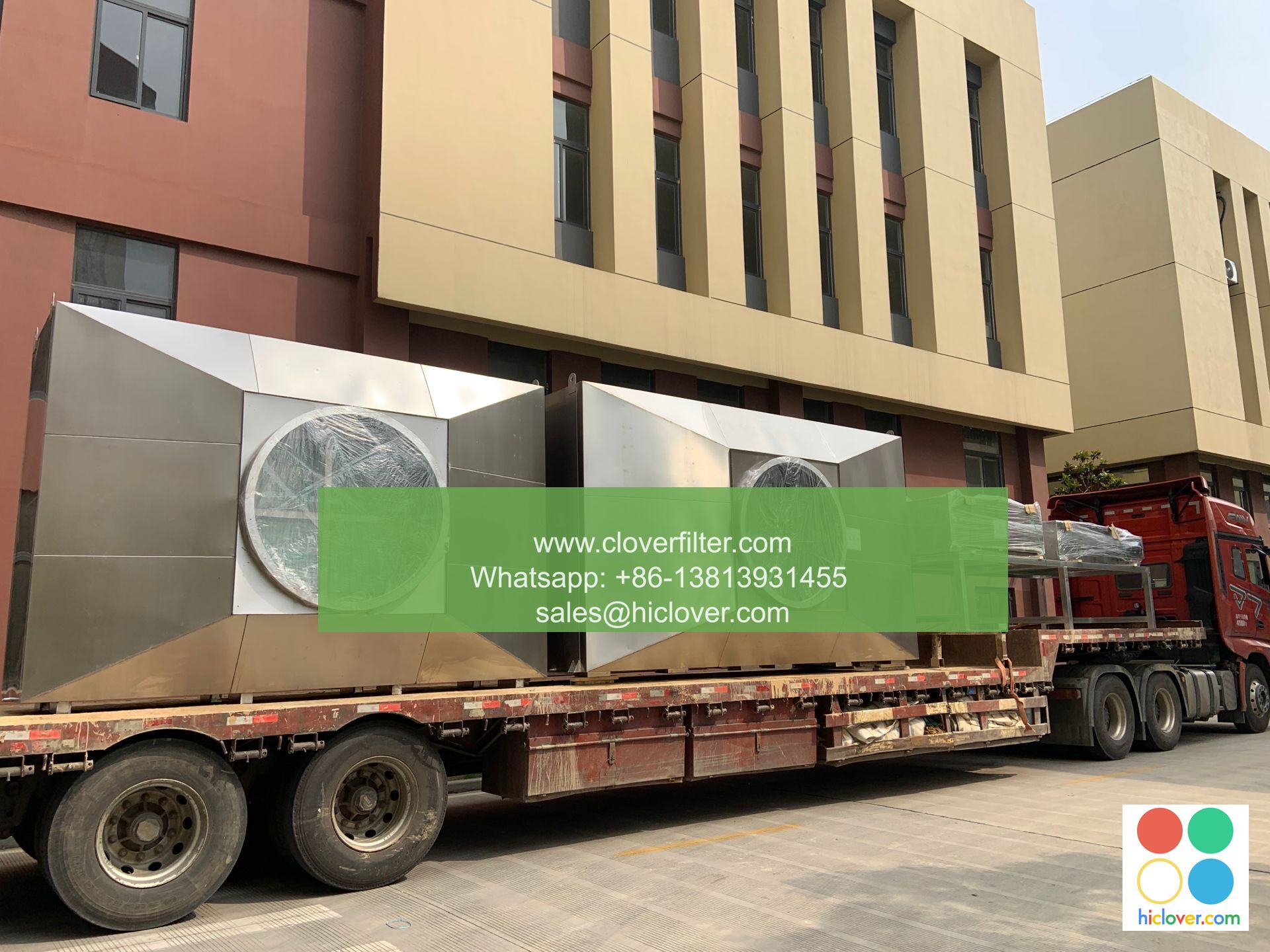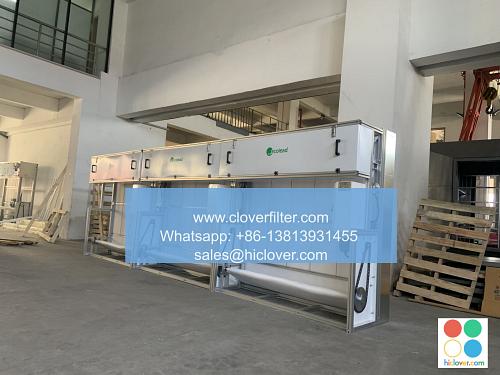The Role of Air Filter Technology in Achieving Energy Efficiency

The role of air filter technology in achieving energy efficiency has become increasingly important in recent years. As the world grapples with the challenges of climate change, energy conservation, and sustainability, the development of advanced air filtration systems has emerged as a key strategy for reducing energy consumption and promoting eco-friendly practices. In this article, we will explore the significance of air filter technology in achieving energy efficiency, highlighting various application areas, and discussing the benefits of this innovation.
Understanding Air Filter Technology and Its Impact on Energy Efficiency
Air filter technology refers to the design and development of filters that can effectively remove pollutants, particulate matter, and other contaminants from the air, while also minimizing energy consumption. The use of high-efficiency particulate air (HEPA) filters, ultra-low penetration air (ULPA) filters, and activated carbon filters has become commonplace in various industries, including HVAC, automotive, and industrial manufacturing. These filters are designed to capture particulate matter (PM), volatile organic compounds (VOCs), and other airborne pollutants, ensuring cleaner air and reduced energy consumption.
Application Areas of Air Filter Technology
The application of air filter technology is diverse and widespread, with various industries benefiting from its energy-efficient and eco-friendly features. Some of the key application areas include:
* Heating, Ventilation, and Air Conditioning (HVAC) systems: Air filters play a crucial role in maintaining indoor air quality and reducing energy consumption in HVAC systems.
* Industrial manufacturing: Air filtration systems are used to remove pollutants and particulate matter from the air, ensuring a safe working environment and minimizing energy consumption.
* Automotive industry: Air filters are used in vehicle cabins to improve indoor air quality and reduce energy consumption.
* Healthcare and medical facilities: Air filtration systems are critical in maintaining sterile environments and preventing the spread of airborne diseases.
Benefits of Air Filter Technology in Achieving Energy Efficiency
The benefits of air filter technology in achieving energy efficiency are numerous and significant. Some of the key advantages include:
* Reduced energy consumption: Advanced air filtration systems can minimize energy consumption by reducing the load on HVAC systems and other equipment.
* Improved indoor air quality: Air filters can effectively remove pollutants and particulate matter from the air, ensuring cleaner and healthier indoor environments.
* Increased equipment lifespan: Air filters can help extend the lifespan of equipment by reducing wear and tear caused by airborne pollutants.
* Cost savings: The use of energy-efficient air filtration systems can result in significant cost savings over time.
Future Developments and Trends in Air Filter Technology
The future of air filter technology holds much promise, with ongoing research and development focused on creating even more energy-efficient and eco-friendly solutions. Some of the emerging trends and technologies include:
* Nanofiltration: The use of nanofilters to capture ultra-fine particles and pollutants.
* Biotechnology: The integration of biotechnology into air filtration systems to create self-cleaning and self-sustaining filters.
* Internet of Things (IoT) integration: The development of smart air filtration systems that can be monitored and controlled remotely using IoT technology.
In conclusion, the role of air filter technology in achieving energy efficiency is critical and far-reaching. As the world continues to grapple with the challenges of climate change and sustainability, the development of advanced air filtration systems will play an increasingly important role in reducing energy consumption and promoting eco-friendly practices. By highlighting various application areas and discussing the benefits of this innovation, we can work towards creating a more sustainable and energy-efficient future. It seems like you’re ready to start a conversation or ask a question, but you haven’t provided a specific prompt yet. Could you please provide more details or clarify what you’re looking for? Whether it’s a discussion on a particular topic, help with a problem, or just something to spark interesting conversation, I’m here to assist you!

